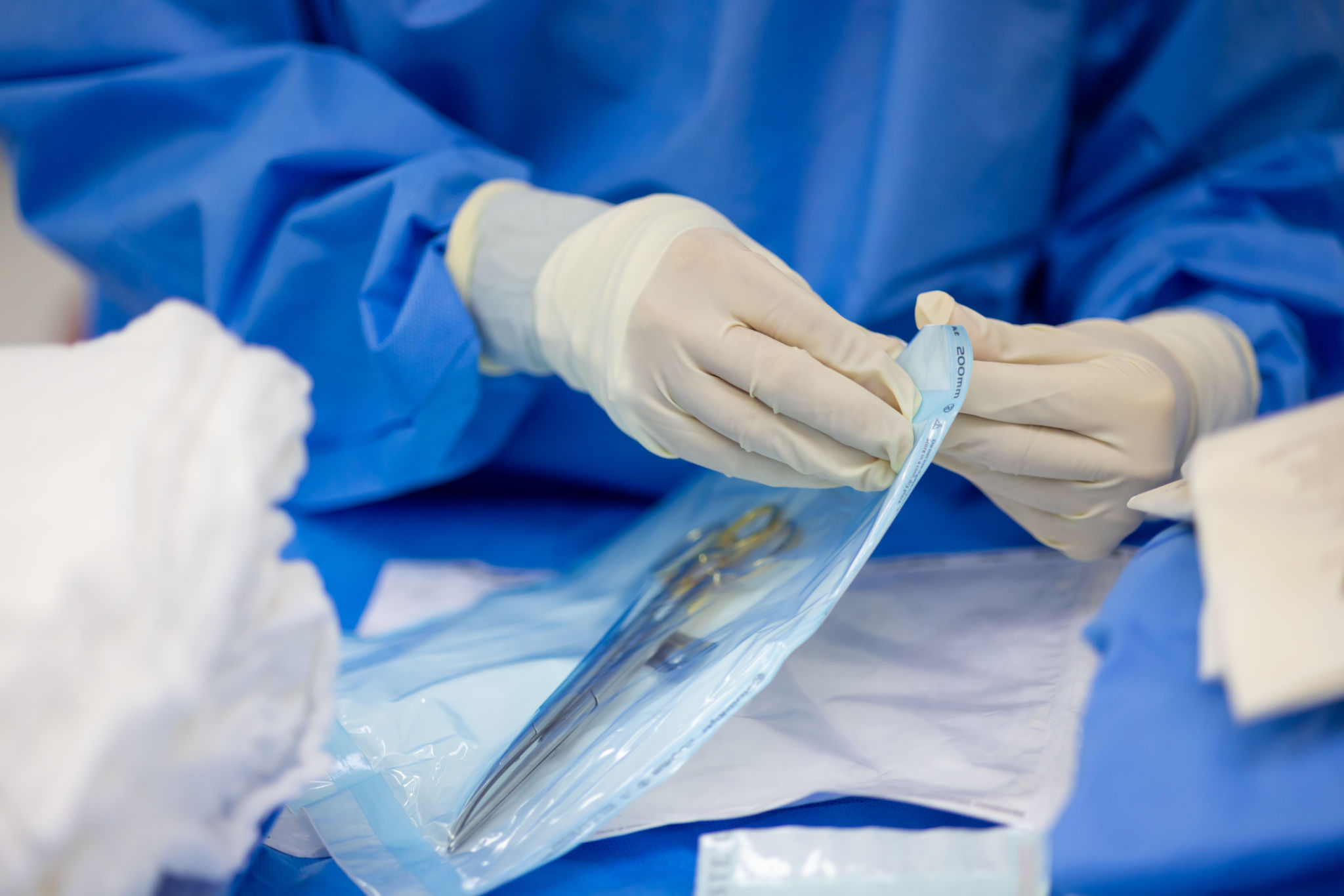Expert Tips on Evaluating Medical Devices for Your Healthcare Facility
Understanding the Importance of Evaluating Medical Devices
In today's rapidly advancing medical landscape, the selection of the right medical devices for your healthcare facility is crucial. Not only can these devices improve patient outcomes, but they can also enhance operational efficiency and reduce costs. Therefore, understanding how to evaluate these devices is essential for making informed decisions.
The evaluation process involves multiple factors, including clinical effectiveness, safety, ease of use, and cost. By carefully considering each aspect, healthcare facilities can ensure that they invest in devices that meet their needs and improve patient care.

Key Factors in Evaluating Medical Devices
Clinical Effectiveness and Safety
Clinical effectiveness is paramount when evaluating medical devices. It refers to the device's ability to produce the desired health outcomes. Look for devices that have been tested extensively and have proven results in clinical settings. Safety is equally important; ensure that the device complies with relevant safety standards and regulations.
Ease of Use
Devices that are easy to use can significantly impact the efficiency of your healthcare facility. Consider how intuitive the device is for the end user, which can include doctors, nurses, and other healthcare professionals. Training requirements should be minimal to avoid disruptions in daily operations.

Cost and Financial Considerations
While cutting-edge technology is appealing, it's essential to weigh the financial implications of acquiring new devices. Consider not just the purchase price but also maintenance, training, and potential downtime costs. Performing a cost-benefit analysis can help determine the long-term value of the investment.
Steps to Conduct a Thorough Evaluation
Market Research
Start by conducting thorough market research to identify available options. Look for reviews and testimonials from other healthcare facilities that have used the devices you are considering. This feedback can provide valuable insights into the device's performance and reliability.
- Identify potential devices that meet your facility's needs.
- Gather feedback from industry professionals and current users.
- Analyze device specifications and compare them against your requirements.

Trial and Testing
Before making a final decision, conduct trials of the shortlisted devices in your facility. This hands-on experience allows you to assess how well the device integrates into your existing systems. Involve your staff in the evaluation process to gather diverse perspectives on the device's functionality and effectiveness.
Consulting with Experts
Finally, consider consulting with industry experts or medical device consultants. These professionals can provide an objective assessment and offer recommendations based on their extensive knowledge and experience. Their insights can be invaluable in navigating complex purchasing decisions.
By following these expert tips, healthcare facilities can make informed decisions when evaluating medical devices. This ensures that they select equipment that not only meets their immediate needs but also supports their long-term objectives in delivering high-quality patient care.
